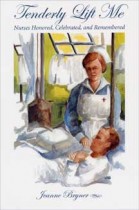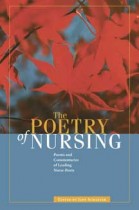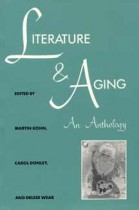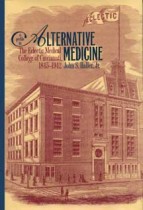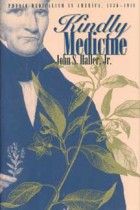White Coats
Jacqueline Marino and Tim Harrison | Filed under: Audiobooks, Award Winners, Biography, Medicine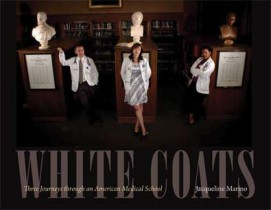
Although we rely on physicians, calling on them at birth and death and every medical event in between, rarely do we consider the personal challenges faced by doctors-to-be. In White Coats, Marino and Harrison bring readers into the classrooms, anatomy labs, and hospitals where the students take their first pulses, dissect their first cadavers, and deliver their first babies.

